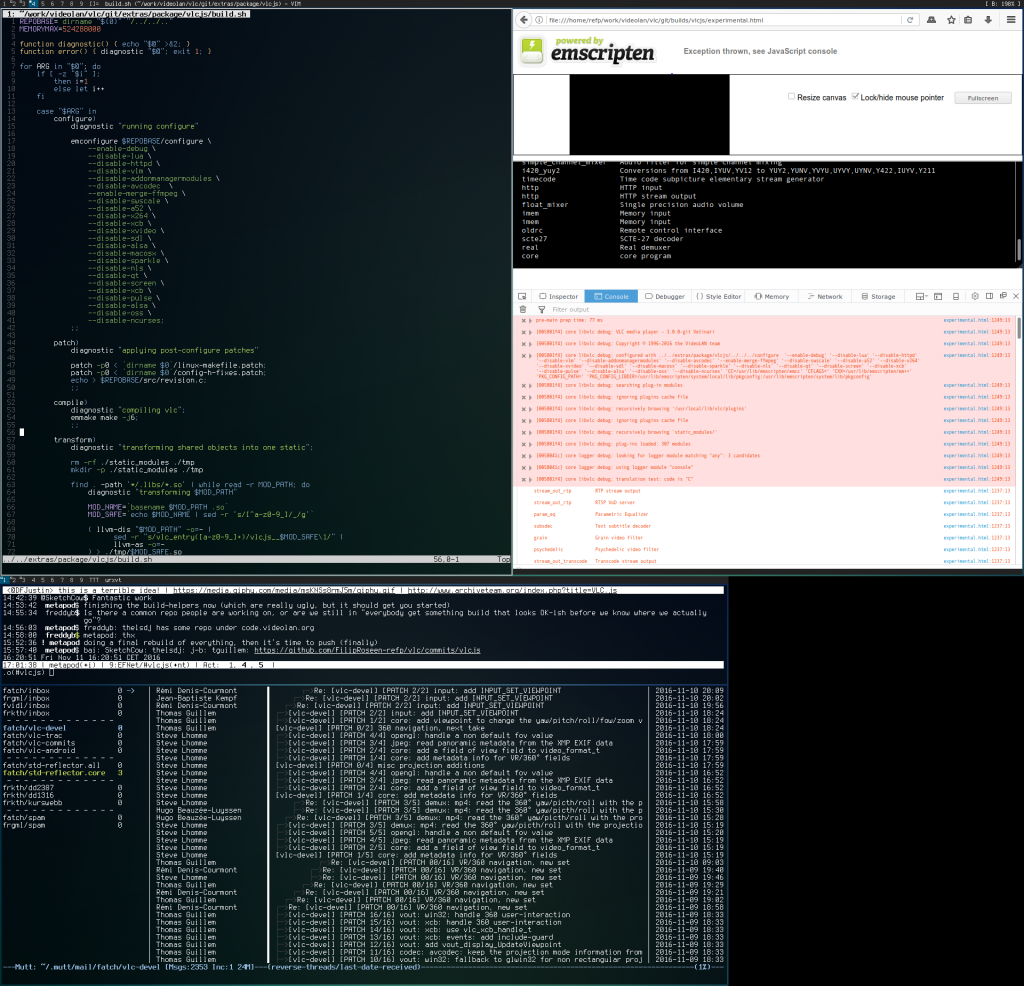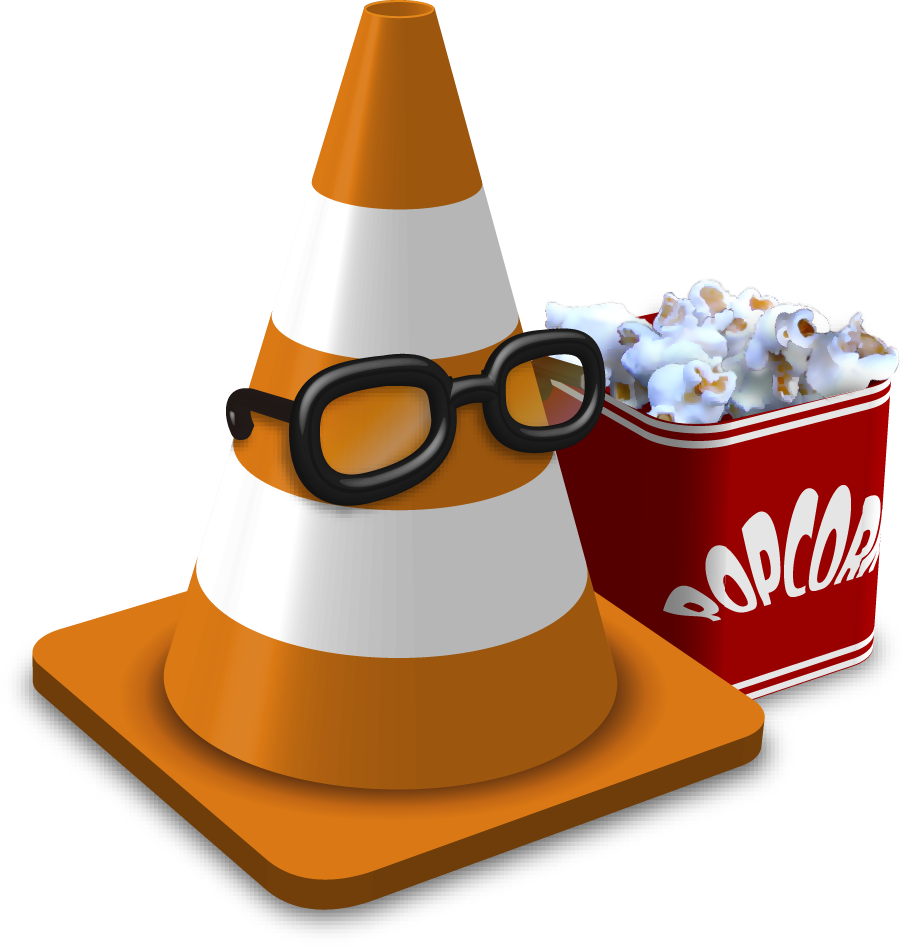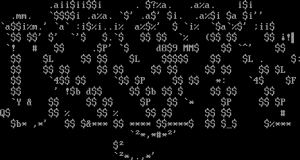

A Simple Explanation: VLC.js « ASCII by Jason Scott
source link: http://ascii.textfiles.com/archives/5089
Go to the source link to view the article. You can view the picture content, updated content and better typesetting reading experience. If the link is broken, please click the button below to view the snapshot at that time.
A Simple Explanation: VLC.js — November 18, 2016
The previous entry got the attention it needed, and the maintainers of the VLC project connected with both Emularity developers and Emscripten developers and the process has begun.
The best example of where we are is this screenshot:
The upshot of this is that a javascript compiled version of the VLC player now runs, spits out a bunch of status and command line information, and then gets cranky it has no video/audio device to use.
With the Emularity project, this was something like 2-3 months into the project. In this case, it happened in 3 days.
The reasons it took such a short time were multi-fold. First, the VLC maintainers jumped right into it at full-bore. They’ve had to architect VLC for a variety of wide-ranging platforms including OSX, Windows, Android, and even weirdos like OS/2; to have something aimed at “web” is just another place to go. (They’d also made a few web plugins in the past.) Second, the developers of Emularity and Emscripten were right there to answer the tough questions, the weird little bumps and switchbacks.
Finally, everybody has been super-energetic about it – diving into the idea, without getting hung up on factors or features or what may emerge; the same flexibility that coding gives the world means that the final item will be something that can be refined and improved.
So that’s great news. But after the initial request went into a lot of screens, a wave of demands and questions came along, and I thought I’d answer some of them to the best of my abilities, and also make some observations as well.
When you suggest something somewhat crazy, especially in the programming or development world, there’s a variant amount of response. And if you end up on Hackernews, Reddit, or a number of other high-traffic locations, those reactions fall into some very predictable areas:
- This would be great if it happens
- This is fundamentally terrible, let me talk about why for 4 paragraphs
- You are talking about making a sword. I am a swordmaker. I have many opinions.
- My sister was attacked by a C library and I’m going to tell a very long story
- Oh man, Jason Scott, this guy
So, quickly on some of these:
- It’s understandable some people will want to throw the whole idea under the bus because the idea of the Web Browser playing a major part in transactions is a theoretical hellscape compared to an ideal infrastructure, but that’s what we have and here we go.
- I know that it sounds like porting things to Javascript is crazy. I find that people think we’re rewriting things from scratch, instead of using Emscripten, which compiles out to Javascript as a target (and later WebAssembly). We do not write from scratch.
- Browsers do some of this heavy lifting. It depends on the browser on the platform on the day and they do not talk. If there was a way to include a framework to tell a browser what to do with ‘stuff’ and then it brought both the stuff and the instructions in and did the work, great. Yes, there’s plenty of cases of stuff/instructions (Webpage/HTML, Audio/MP3) that browsers take in, but it’s different everywhere.
But let’s shift over to why I think this is important, and why I chose VLC to interact with.
First, VLC is one of those things that people love, or people wish there was something better than, but VLC is what we have. It’s flexible, it’s been well-maintained, and it has been singularly focused. For a very long time, the goal of the project has been aimed at turning both static files AND streams into something you can see on your machine. And the machine you can see it on is pretty much every machine capable of making audio and video work.
Fundamentally, VLC is a bucket that, when dropped into with a very large variance of sound-oriented or visual-oriented files and containers, will do something with them. DVD ISO files become playable DVDs, including all the features of said DVDs. VCDs become craptastic but playable DVDs. MP3, FLAC, MIDI, all of them fall into VLC and start becoming scrubbing-ready sound experiences. There are quibbles here and there about accuracy of reproduction (especially with older MOD-like formats like S3M or .XM) but these are code, and fixable in code. That VLC doesn’t immediately barf on the rug with the amount of crapola that can be thrown at it is enormous.
And completing this thought, by choosing something like VLC, with its top-down open source condition and universal approach, the “closing of the loop” from VLC being available in all browsers instantly will ideally cause people to find the time to improve and add formats that otherwise wouldn’t experience such advocacy. Images into Apple II floppy disk image? Oscilloscope captures? Morse code evaluation? Slow Scan Television? If those items have a future, it’s probably in VLC and it’s much more likely if the web uses a VLC that just appears in the browser, no fuss or muss.
Fundamentally, I think my personal motivations are pretty transparent and clear. I help oversee a petabytes-big pile of data at the Internet Archive. A lot of it is very accessible; even more of it is not, or has to have clever “derivations” pulled out of it for access. You can listen to .FLACs that have been uploaded, for example, because we derive (noted) mp3 versions that go through the web easier. Same for the MPG files that become .mp4s and so on, and so on. A VLC that (optionally) can play off the originals, or which can access formats that currently sit as huge lumps in our archives, will be a fundamental world changer.
Imagine playing DVDs right there, in the browser. Or really old computer formats. Or doing a bunch of simple operations to incoming video and audio to improve it without having to make a pile of slight variations of the originals to stream. VLC.js will do this and do it very well. The millions of files that are currently without any status in the archive will join the millions that do have easy playability. Old or obscure ideas will rejoin the conversation. Forgotten aspects will return. And VLC itself, faced with such a large test sample, will get better at replaying these items in the process.
This is why this is being done. This is why I believe in it so strongly.
I don’t know what roadblocks or technical decisions the team has ahead of it, but they’re working very hard at it, and some sort of prototype seems imminent. The world with this happening will change slightly when it starts working. But as it refines, and as these secondary aspects begin, it will change even more. VLC will change. Maybe even browsers will change.
Access drives preservation. And that’s what’s driving this.
See you on the noisy and image-filled other side.
Share this:
Categorised as: computer history | demoscene | Internet Archive | jason his own self | punditry
Comments are disabled on this post
Recommend
About Joyk
Aggregate valuable and interesting links.
Joyk means Joy of geeK



